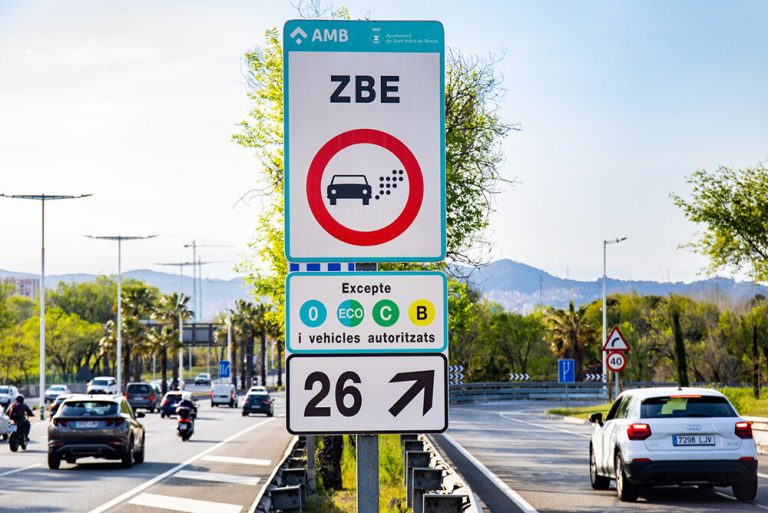Following our article “Embracing the metropolitan revolution”, we now turn our focus to why cities should lead decision-making in the 21st century and how cities can take this lead. It is time to rethink the power hierarchy and define which system can empower citizens the most in order to face current economic and social challenges.
Why should cities lead this new century? Because they already are. Whether it is due to partisan gridlock or ideological polarisation, governments are not there for cities and they cannot afford to wait any longer. Cities are becoming more dense, vibrant, authentic and diverse as a response to the lack of government presence.
For the first time in history, cities are home to over 50% of the world’s population. Empowered cities can and will tackle social and economic challenges such as income inequality, climate change, social mobility and more. Urban networks formed by local governments, companies, research institutes, universities and others, are collaborating together to make cities great.
For instance, England is decentralizing power to cities like Manchester or Sheffield through devolution initiatives and agreements. In the United States, bipartisan laws like No Child Left Behind are giving states more power over the education system. Even Detroit, through network collaboration and innovation, is reinventing itself because it cannot wait any longer for Washington D.C.
How should cities lead?
First, they must be understood as collaborative networks formed by political leaders, corporations, civic associations, labor organisations and the community in general. Second, cities must set up a vision rooted in distinctiveness and searching to be a unique version of itself. Finally, cities must find their game changer. This factor can be one or a series of interventions that can change the city and make it compete inter-locally.
These steps are based on the principle of subsidiarity. This principle argues that the state should delegate their powers, authorities, and duties to the smallest jurisdiction that can efficiently perform them (Blank, 2009). This principle is more receptive to city empowerment than federalism, because of the economic and decision-making capabilities cities possess.
This does not mean that all cities will become “world cities” or will suddenly replace central governments. Instead, this principle views them as powerhouses more capable of dealing with issues more directly and efficiently in this new century.
Current social and economic problems require rapid and direct solutions. Only through newly defined levels of power for cities and citizens can we find these solutions. Cities are already leading and now nations must follow.
Source: Brookings, Fordham Urban Law Journal, Brookings, NPR, Internet of Things
Photo: Huffington Post
Video: Tedx Hamburg






